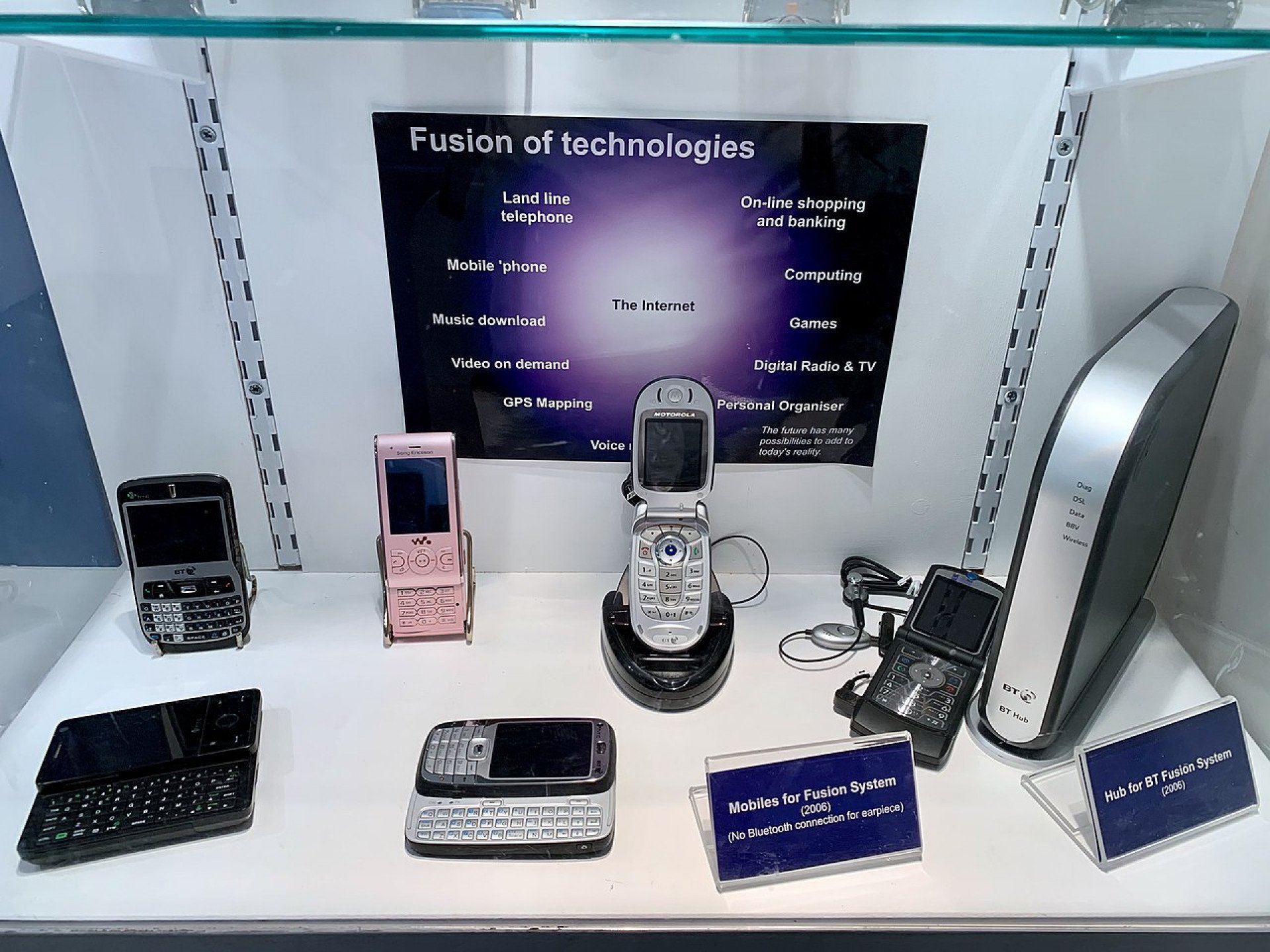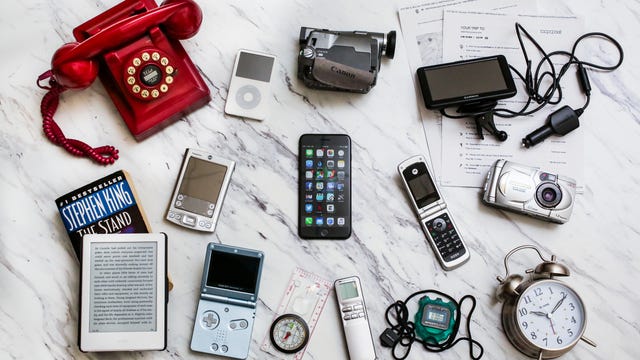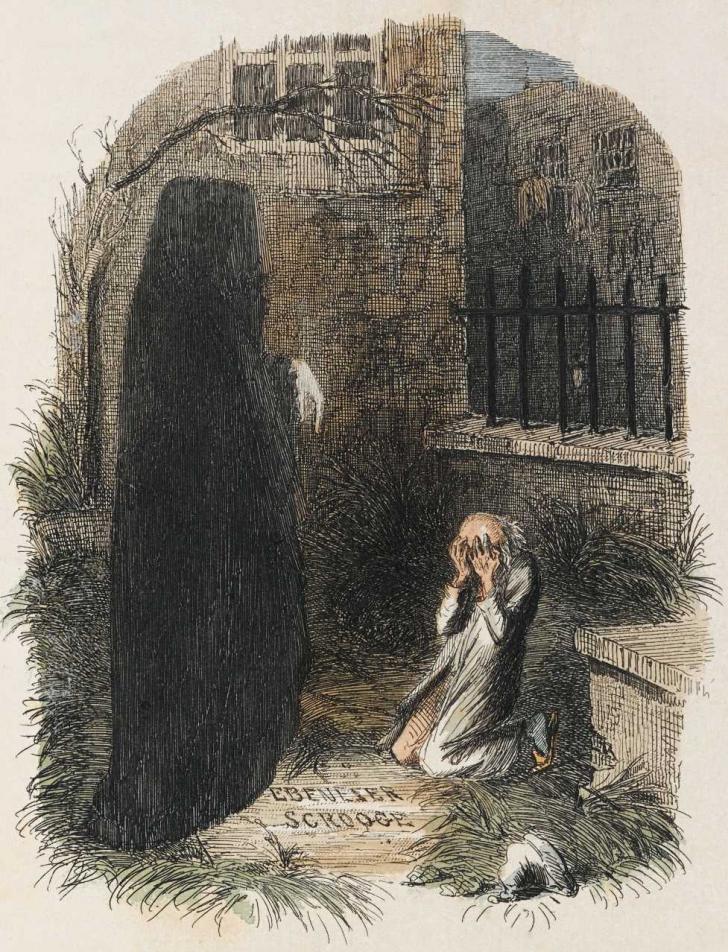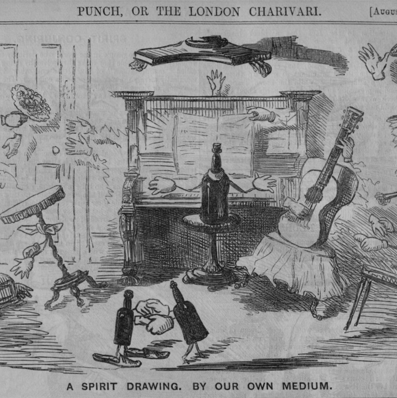Have you ever wondered, what is the connection between Technology and the fascination with things spooky and supernatural?
ALL the “Arts and Sciences” stem from the interchange between humans and the fallen Angels. The wisdom given in exchange for access to the females of the day.
Everything in this life stems from a spiritual root! There are only two options, the root of GOD – GOOD and TRUTH or SATAN – EVIL and LIES. ALL spirits are working for one of those two originators.
You are commanded to test the SPIRITS.
1 John 4
Beloved, believe not every spirit, but try the spirits whether they are of God: because many false prophets are gone out into the world. Hereby know ye the Spirit of God: Every spirit that confesseth that Jesus Christ is come in the flesh is of God: And every spirit that confesseth not that Jesus Christ is come in the flesh is not of God: and this is that spirit of antichrist, whereof ye have heard that it should come; and even now already is it in the world.
Ye are of God, little children, and have overcome them: because greater is he that is in you, than he that is in the world. They are of the world: therefore speak they of the world, and the world heareth them.
We are of God: he that knoweth God heareth us; he that is not of God heareth not us. Hereby know we the spirit of truth, and the spirit of error. Beloved, let us love one another: for love is of God; and every one that loveth is born of God, and knoweth God. He that loveth not knoweth not God; for God is love.
Remember, SATAN/THE DEVIL/THE DECEIVER is a cunning trickster. He works to DECEIVE you with lies. He plots, plans and schemes your demise. He lies in wait for you, and lays a snare to trap you and pull you down.
1 Peter 5:8
Be sober, be vigilant; because your adversary the devil, as a roaring lion, walketh about, seeking whom he may devour:
Our world is so full of mechanisms and trickery, it gets harder and harder everyday to discern the TRUTH and recognize DECEPTION. Hard to know what is real and what is manufactured/fake/artificial/phony.
Phony… now isn’t that an interesting word in light of our topic today?
machine (n.)
device – device (n.)
trick – trick (n.)
contrivance – contrivance (n.)
cunning – cunning (adj.)
spacer
Telecommunications and the occult
National Science and Media Museum
In the late 19th and early 20th centuries, the invention of new communications technologies sparked widespread interest in the possibility of supernatural contact.
This story looks at how these technologies—including the electric telegraph, the telephone and wireless radio—were used to explain and explore communication with supernatural beings, the spirits of the dead and even aliens.
Electronic telecommunications were popularly associated with the occult from the start.
The laying of the earliest working overland and submarine telegraphic cables in the late 1840s and early 1850s coincided with the birth of ‘spiritualism’—a widespread belief that the living could communicate with the spirits of the dead.
The electric telegraph ushered in a new era of long-distance communication. Its workings were popularly likened to the operation of spirit communication, which similarly relied on the transmission of messages between intelligences at a distance.
Spirit messages were even conveyed in similar ways to telegraphic ones. In séances, spirits seemed to communicate with the living by spelling out coded messages through short rapping noises, similar to the rapped pulses of Morse code used in telegraphy.
THOMAS EDISON’S SPIRIT TELEPHONE
Many of the most influential developers of electric telecommunications technologies were directly involved in the scientific investigation of spirits and other ‘psychical’ phenomena like telepathy (direct communication between minds at a distance).
Eminent British physicist and wireless pioneer Sir Oliver Lodge, for instance, was renowned for his openness to spiritualist phenomena. He served as president of the London Society for Psychical Research from 1901 to 1903, and during the First World War published a bestselling book documenting his experiences of contacting his dead son Raymond during séances.
Science Museum Group Collection More informationabout Studio photograph of Sir Oliver Lodge by F Thurston & Son, 1910–19
Science Museum Group Collection More informationabout This Branly type iron borings coherer (or radio-wave detector) from 1894 was probably made by Oliver Lodge. He used this coherer in his British Association lecture of 14 August 1894, demonstrating its potential for wireless communication.
Thomas Alva Edison—whose celebrated inventions included the phonograph, the first practical incandescent lamp, and a carbon button transmitter for telephones—announced his intention, in 1920, to create a spirit communication device, ‘an apparatus to see if it is possible for personalities which have left this earth to communicate with us’.
Edison seems never to have realised his designs, but the following year the spiritualist journal Light published an account of an F.R. Melton who claimed to have succeeded in making a ‘psychical telephone’ of his own. This apparatus drew on developments in wireless telecommunications technologies, consisting of an aluminium tube or ‘trumpet’, a receiver connected to amplifying valves (allowing very low sounds to be made audible), and a ‘super-sensitive telephone’ whose receivers were attached to a headset worn by the user. A 1932 letter to Melton from psychical investigator Harry Price suggests this telephone was later tested on a medium, but was seemingly unsuccessful.
WIRELESS RADIO
The birth of wireless communication around 1900, thanks in large part to Guglielmo Marconi’s development of the long-distance wireless telegraph, meant messages could now be transmitted at great distances seemingly through thin air.
Science Museum Group Collection More informationabout This ‘Italian Navy’ detector was used by Marconi in 1901 to receive the very first transatlantic radio signals, transmitted from Cornwall to Newfoundland. This achievement ushered in the age of long-distance, wireless radio communication.
This intensified popular associations between telecommunications and invisible, apparently discarnate intelligences like spirits, or disembodied communication at a distance like telepathy.
EXTRATERRESTRIAL COMMUNICATION
Radios were also used to try make contact with extraterrestrial intelligences—especially Martians. The general public had long been fascinated with research into life on Mars, and the idea that Martian beings might exist, and that we might be able to contact them, captivated early-20th-century audiences.
Speculation about life on Mars had been sparked in 1877 by astronomer Giovanni Schiparelli’s discovery of ‘channels’ on Mars. This plate from astronomer Camille Flammarion’s bestselling Astronomie populaire (1880) illustrated his claim that Mars was ‘an earth almost similar to ours [with] water, air, showers, brooks and fountains’.
In the 1920s, some speculated that Martians were trying to contact us by radio signals. This was encouraged by claims made in 1919 by Marconi himself that he was receiving strange transmissions resembling Morse code, possibly from outer space.
Similar claims had been made at the very outset of the radio age. In 1899, engineer and inventor Nikola Tesla provocatively interpreted a series of strange, long-distance wireless signals he’d received as an outer space transmission, possibly from Mars.
In 1926, a wireless message was sent in the other direction. Solicitor H. Mansfield Robinson submitted a message to the London Central Telegraphic Office to be transmitted first to the Rugby Radio Station, then to Mars.

Science Museum Group Collection More informationabout Aerial tuning inductor from the Rugby Radio Station, constructed in 1943 to the original 1926 design, which transmitted Robinson’s message to Mars.
Robinson had been in touch with Harry Price earlier that year to explain his recent telepathic communication with Martians—in particular, a Martian woman called Oomaruru. Robinson believed the voices of Martians could be channelled by ‘spirit trumpets’ and by mediums in a semi-trance, and wished to demonstrate these effects to Price in a special sitting.
MANSFIELD ROBINSON IMAGES
In this sitting with Price, Robinson’s chosen medium produced wailing, shrieks and groans said to be a Martian love song, which Price recorded on a Dictaphone. Price was unconvinced.
For his message to Mars via Rugby, Robinson was charged the standard long distance rate of 1s 6d a word—quite a bargain for a distance of 42,000,000 miles, as an article in the New York Times observed at the time.
HOUDINI’S ‘SPIRIT TRUMPET’
It wasn’t just spiritualist believers like Robinson who were interested in the connection between wireless technology and the supernatural. The American magician Harry Houdini, a sceptic who used his experience and fame as a magician to expose spiritualist fraud, once explained the wireless-related trick behind fake mediums’ ‘spirit trumpets’ in a 1922 article for Popular Radio.
These trumpets were a common fixture of séances, where they seemingly floated around the room emitting spirit voices. Houdini claimed they worked like simple telecommunications devices. Hidden compartments in them could hide a telephone receiver and receiving coil. The voice of a secret accomplice, hidden several yards away, could be sent as a current via a transferring coil to the receiving coil in the trumpet, which the telephone receiver would then convert to sound.
FURTHER READING
- Harry Houdini, ‘Ghosts That Talk—By Radio’, Popular Radio, October 1922
- Richard Noakes, ‘Telegraphy Is an Occult Art: Cromwell Fleetwood Varley and the Diffusion of Electricity to the Other World’, The British Journal for the History of Science 32.4 (December 1999)
- Katy Price, Loving Faster than Light: Romance and Readers in Einstein’s Universe, 2012
- Efram Sera-Shriar, ‘Photographic plates and spirit fakes: remembering Harry Price’s investigation of William Hope’s spirit photography at its centenary‘, Science Museum Group Journal 17 (Spring 2022)
CONTINUE READING
 |
 |
 |
SPIRIT PHOTOGRAPHY AND THE OCCULT: MAKING THE INVISIBLE VISIBLEBelief in fairies, ghosts and other supernatural phenomena may seem to have little to do with science. But as this story shows, such beliefs—often called ‘occult’—have a long shared history with science. |
USING SCIENCE TO INVESTIGATE THE PARANORMALScience has long been used to investigate seemingly supernatural phenomena. Read about some of the most famous examples—and what they tell us about the historical relationship between science and the occult. |
THE FIRST DIGITAL PHOTOS, FROM VICTORIAN TECHNOLOGY TO THE INTERNETRead about the first experiments in digital image technology—which took place longer ago than you might spacer |
 late 14c.,
late 14c., 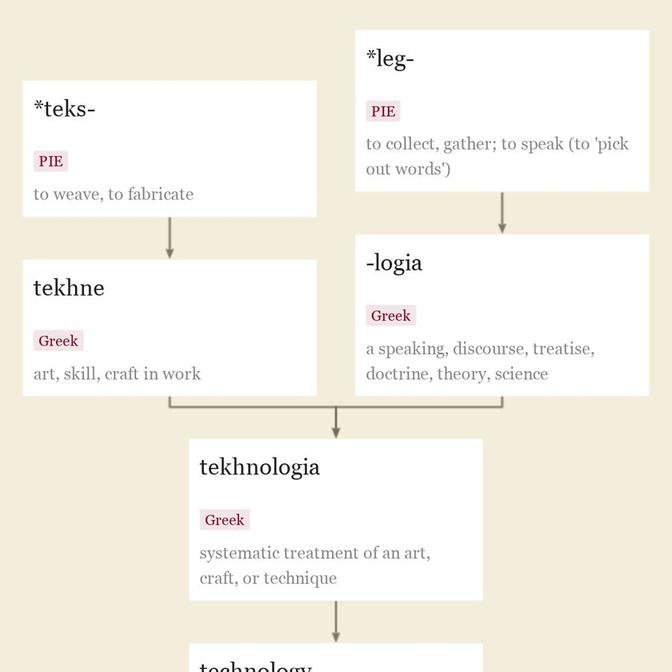












/2023/04/11/image/jpeg/iIP9E262M77RpPqlfCGRMPTjiYTMIVrBom4phzhT.jpg)
